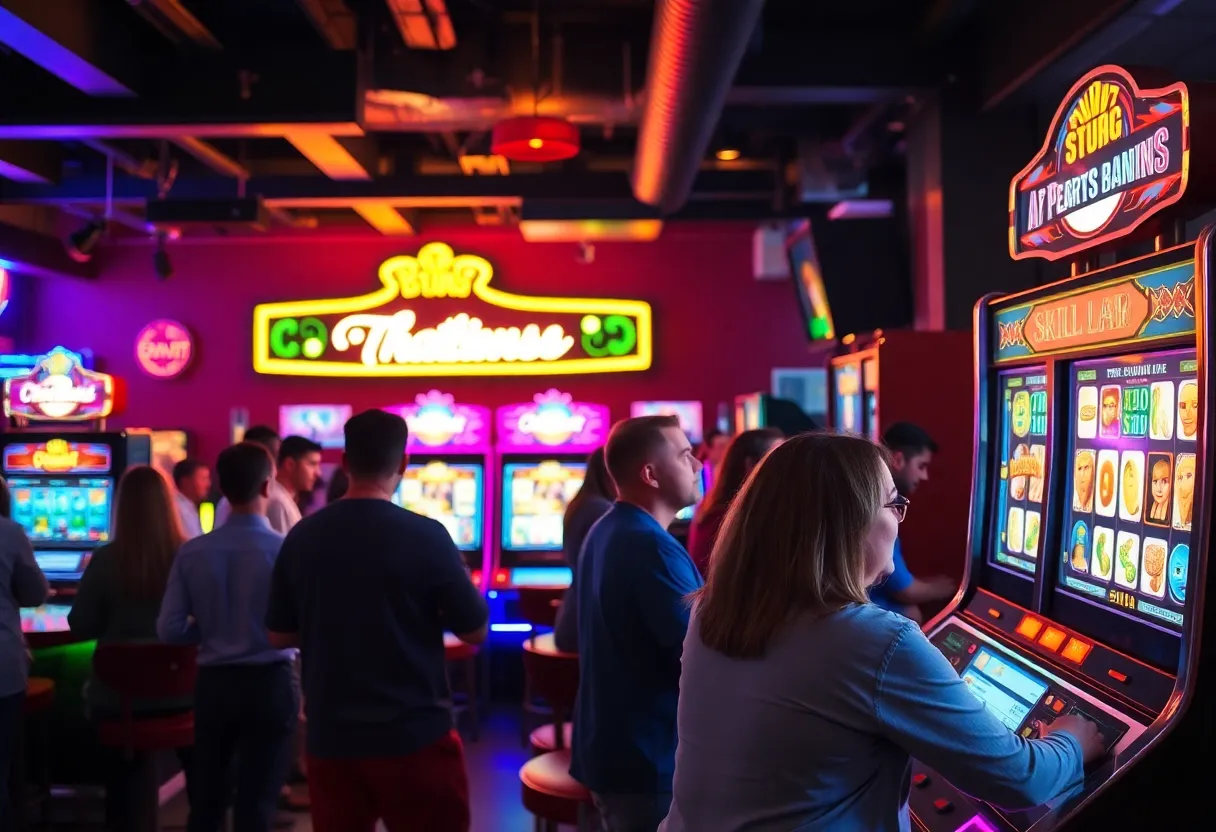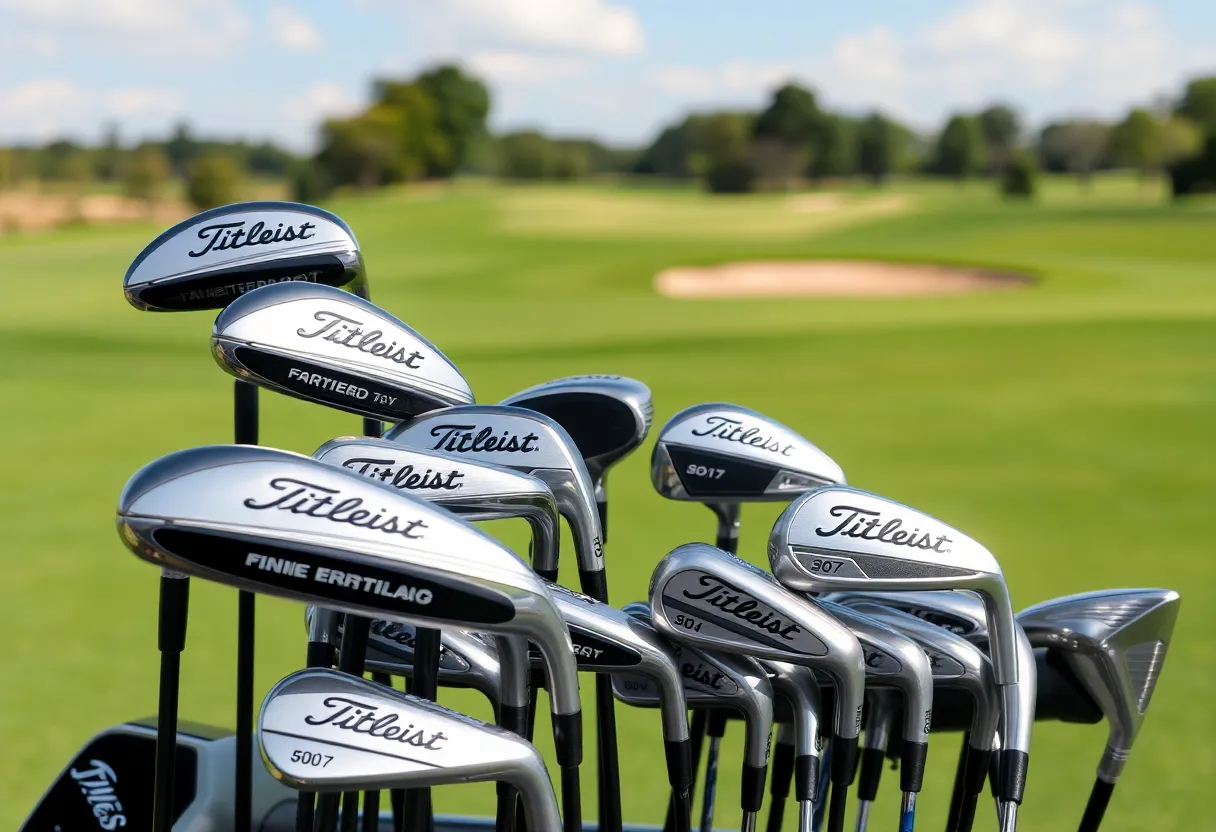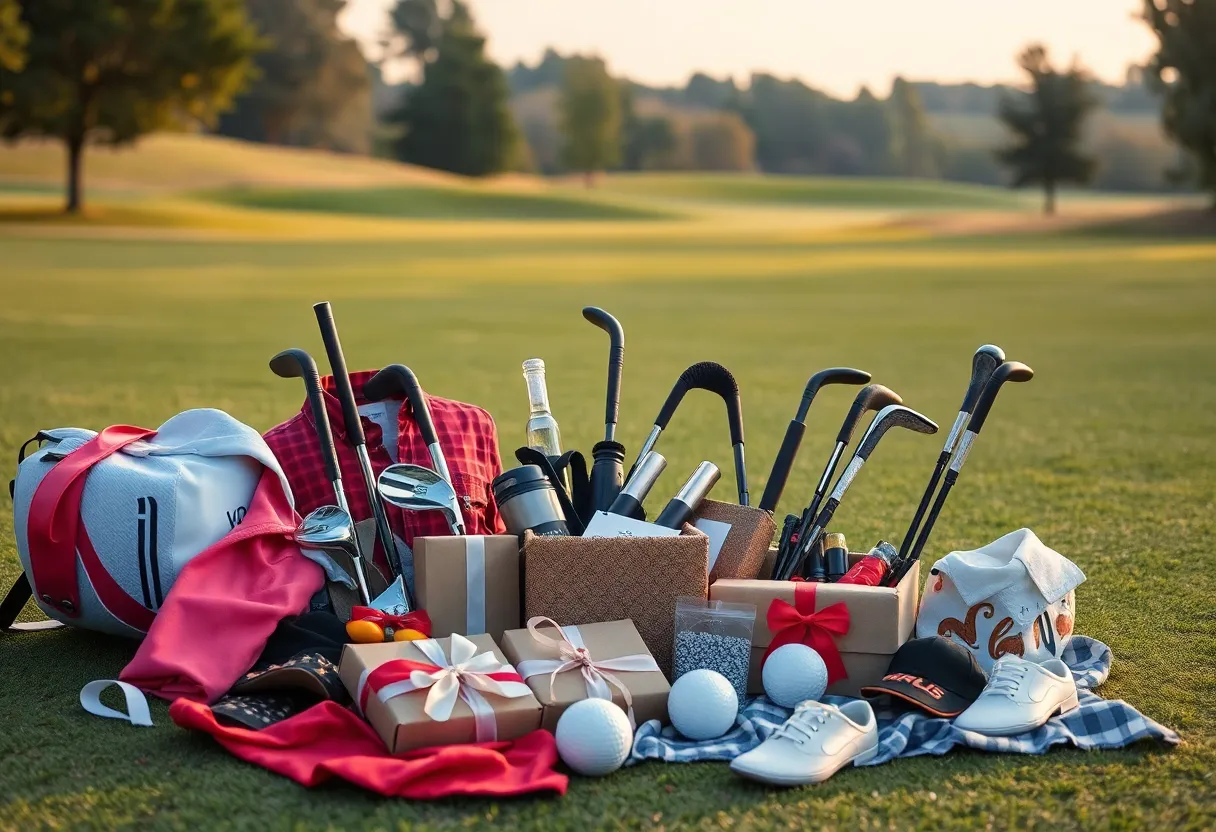News Summary
Pennsylvania lawmakers are facing significant opposition over a proposed tax rate of 52% on skill games, devices resembling slot machines. Governor Josh Shapiro introduced this tax increase as part of his budget, aiming to recoup $200 million lost by the Pennsylvania Lottery due to unregulated skill games. This has sparked political divisions, as opponents argue it could eliminate local businesses reliant on skill game revenue. A proposal for a reduced 16% tax is also under consideration while concerns about problem gambling and regulation persist.
Pennsylvania lawmakers are at an impasse over a proposed tax rate of 52% on skill games, which are devices that resemble slot machines but claim to require player skill. This tax proposal, introduced by Governor Josh Shapiro, marks a significant increase from an earlier suggested rate of 42% and is nearly on par with the 54% tax that casinos pay for slot machine revenue.
The contention surrounding skill games has persisted for over a decade, fueled by their potential to generate substantial revenue. Governor Shapiro’s budget proposal highlights this possibility, stating that tax revenues from skill games could compensate for the $200 million lost by the Pennsylvania Lottery due to unregulated skill games over the past five years. These funds are critical for supporting senior programs backed by the lottery.
This heightened tax proposal has ignited political divisions among lawmakers, businesses, and diverse gaming interests within the state. Opponents of the tax, such as Senator Gene Yaw, warn that imposing such a high rate would likely drive skill games out of the market, ultimately harming local businesses and organizations, especially veteran groups that benefit from skill game revenue.
In response, Senator Yaw has put forth Senate Bill 626, which proposes a reduced tax rate of 16% for skill games. This alternative is framed as a necessary adjustment to prevent excessive taxation from effectively eliminating this sector.
Furthermore, the structure of the proposed legislation aims to control the proliferation of skill games, suggesting a cap of 40,000 machines statewide—roughly half of the current estimate of machines in operation. This move aligns with concerns from lawmakers about appropriate regulation and the protection of local communities.
In addition to tax concerns, several casinos and gambling industry competitors have initiated lawsuits demanding parity in tax obligations between skill game operators and casinos, arguing that it is constitutionally equitable for both sectors to pay similar taxes. This debate underscores the complexities associated with regulating the gambling landscape in Pennsylvania.
Lawmakers are also considering the potential impacts of skill games on problem gambling. Stricter regulations regarding the operating locations and the number of skill games have been advocated by representatives like Bob Merski, reflecting a broader desire to ensure responsible gambling practices and support vulnerable individuals. Critics of the current landscape point out that these machines may appeal to individuals who are already on self-exclusion lists for casinos, raising additional concerns about gambling accessibility and oversight.
This ongoing legislative debate highlights competing interests between supporting small, local enterprises and addressing the risks posed by unregulated gambling environments. The proposed tax revenue from skill games could amount to over $350 million, with a portion earmarked for lottery-supported programs. However, the proposal’s potential consequences have spurred discussions on the saturating presence of skill games in various communities, which some perceive as attractive nuisances.
Despite efforts to negotiate a resolution, Pennsylvania lawmakers remain divided. The urgency of reaching an agreement has intensified as the June budget preparations approach, pushing the issue of skill games regulation and legality to the forefront of state legislative discussions. These efforts reflect a critical juncture for both the gaming industry and the communities that are affected by the presence and regulation of skill games.
Deeper Dive: News & Info About This Topic
- Huntingdon Daily News
- Wikipedia: Pennsylvania
- Action Network
- Google Search: skill games tax Pennsylvania
- ABC27
- Encyclopedia Britannica: Gambling
- The Center Square
- Google News: Pennsylvania skill games

Author: STAFF HERE PHILADELPHIA WRITER
The PHILADELPHIA STAFF WRITER represents the experienced team at HEREPhiladelphia.com, your go-to source for actionable local news and information in Philadelphia, Philadelphia County, and beyond. Specializing in "news you can use," we cover essential topics like product reviews for personal and business needs, local business directories, politics, real estate trends, neighborhood insights, and state news affecting the area—with deep expertise drawn from years of dedicated reporting and strong community input, including local press releases and business updates. We deliver top reporting on high-value events such as Mummers Parade, Philadelphia Flower Show, and Thanksgiving Day Parade. Our coverage extends to key organizations like the Greater Philadelphia Chamber of Commerce and United Way of Greater Philadelphia, plus leading businesses in telecommunications, food services, and healthcare that power the local economy such as Comcast, Aramark, and Children's Hospital of Philadelphia. As part of the broader HERE network, we provide comprehensive, credible insights into Pennsylvania's dynamic landscape.





